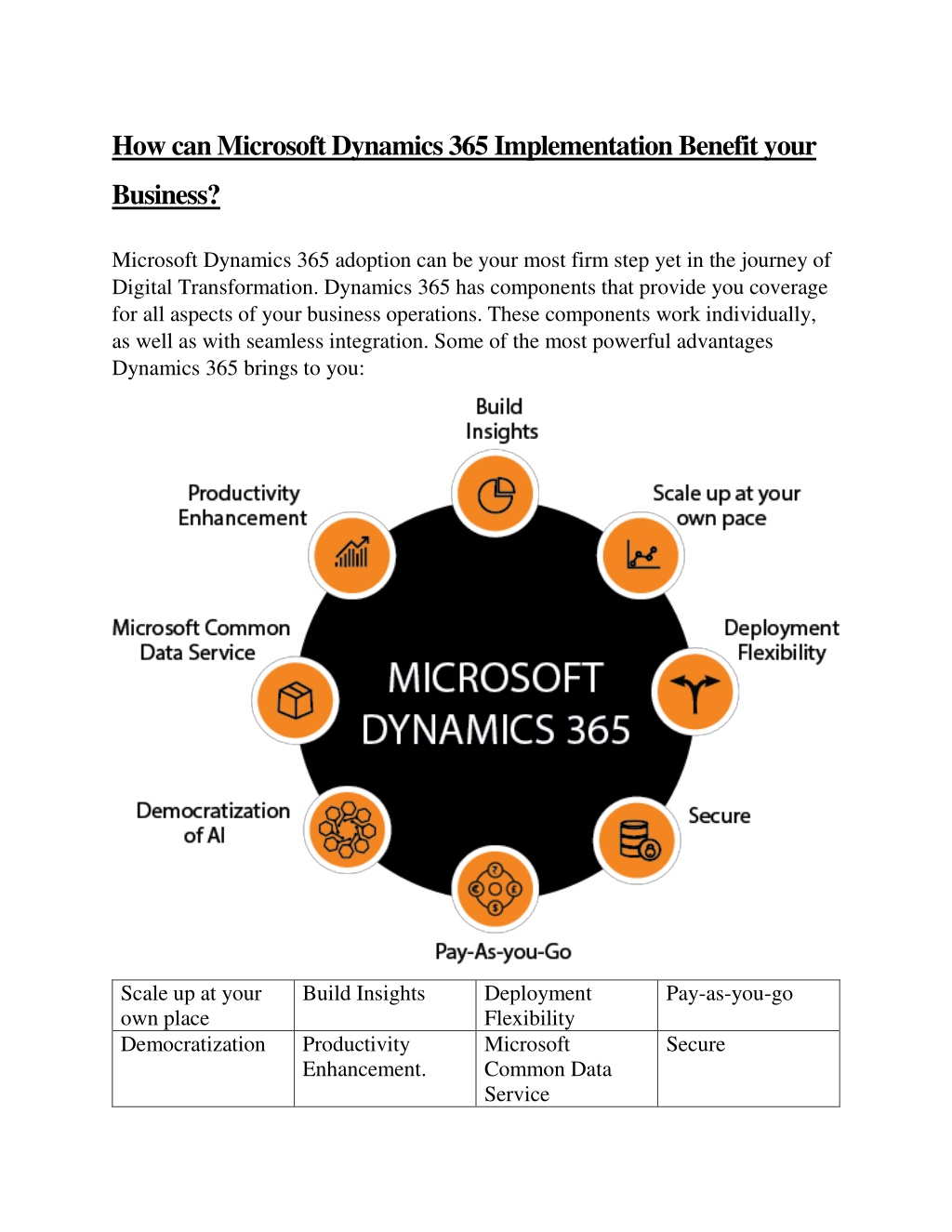

Plan your next step with insight generation.With a real-time view of your pipeline, you’ll be aware of any slowdowns and bottlenecks-or if your team won a major deal. Link sales data into your CRM solution to provide an immediate, accurate picture of sales.


Use sales monitoring to get real-time performance data.CRM solutions help track lead-related data, accompanied with insights, so sales and marketing teams can stay organized, understand where each lead is in the sales process, and know who has worked on each opportunity. Monitor each opportunity through the sales funnel for better sales.Some ways you can use CRM capabilities to benefit your company are to: In other words, modern CRM tools give sales, marketing, commerce, field service, and customer service teams immediate visibility into-and access to-everything crucial to developing, improving, and retaining customer relationships. In addition, they have built-in business intelligence and artificial intelligence (AI) capabilities that accelerate administrative tasks and provide actionable insights. The system next integrates the data and generates consolidated profiles to be shared with appropriate teams.ĬRM systems also connect with other business tools, including online chat and document sharing apps.

This data includes email addresses, phone numbers, company websites, social media posts, purchase histories, and service and support tickets. CRM systems automatically collect a wealth of information about existing and prospective customers. A lack of integration and automation prevented people within and across teams from quickly finding and sharing up-to-date information, slowing their ability to create marketing campaigns, pursue new sales leads, and service customers.įast forward to today. Not too long ago, companies tracked customer-related data with spreadsheets, email, address books, and other siloed, often paper-based CRM solutions.


 0 kommentar(er)
0 kommentar(er)
